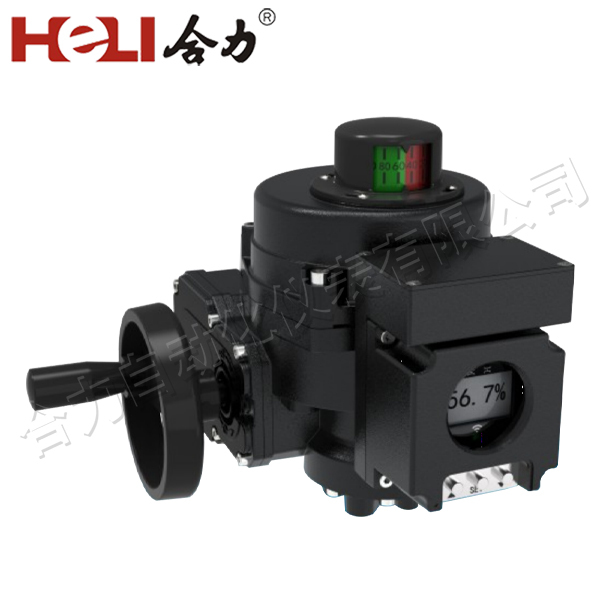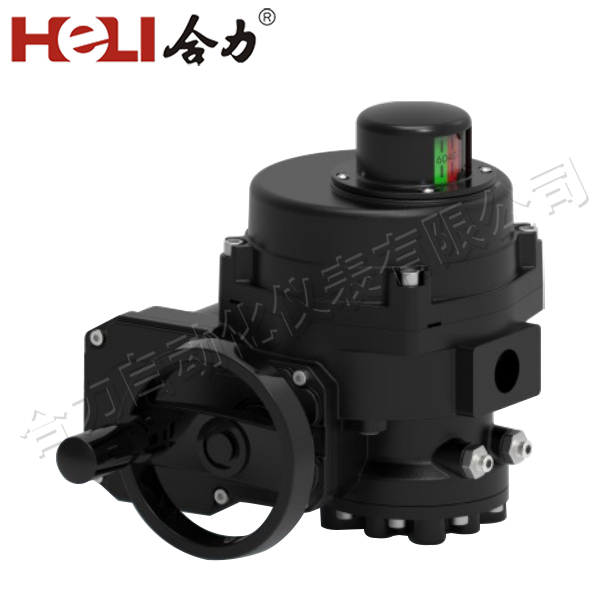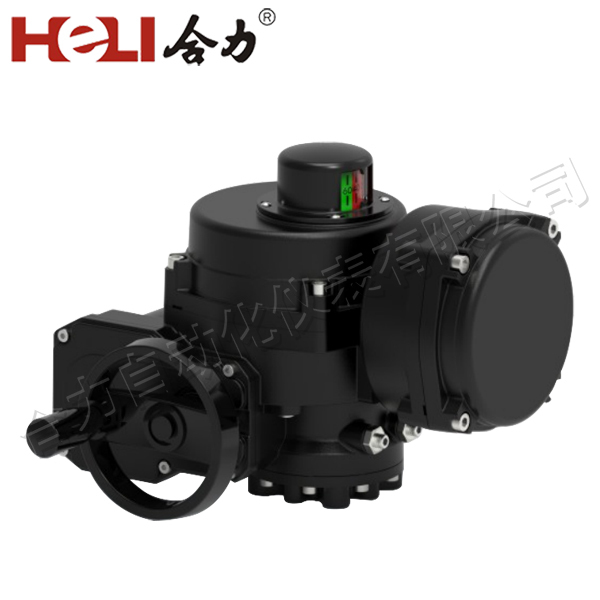The shift towards sustainable and renewable energy sources has become an urgent global priority due to the growing concerns over climate change and the depletion of fossil fuels. Among the promising technologies that have emerged in this transition, hydrogen energy stands out as one of the most efficient and versatile energy carriers. Hydrogen energy electrical installation refers to the integration of hydrogen as an energy source within electrical systems, providing a clean alternative for powering homes, industries, and even entire cities. This article explores the potential, challenges, and applications of hydrogen energy electrical installations, highlighting its role in the future of sustainable energy.

What is Hydrogen Energy?

Hydrogen energy is derived from hydrogen, the most abundant element in the universe, typically produced by separating hydrogen from water (via electrolysis) or from natural gas (via steam methane reforming). Unlike traditional fossil fuels, hydrogen is a clean energy source when used in fuel cells or combustion processes because its only byproduct is water vapor, making it a zero-emission energy solution. In the context of electrical installations, hydrogen can either be used to generate electricity directly through hydrogen fuel cells or to store energy for later use. Hydrogen fuel cells operate by combining hydrogen with oxygen from the air, producing electricity, heat, and water as a result. These fuel cells have the potential to power everything from small electronic devices to large industrial facilities.

Leave a Reply